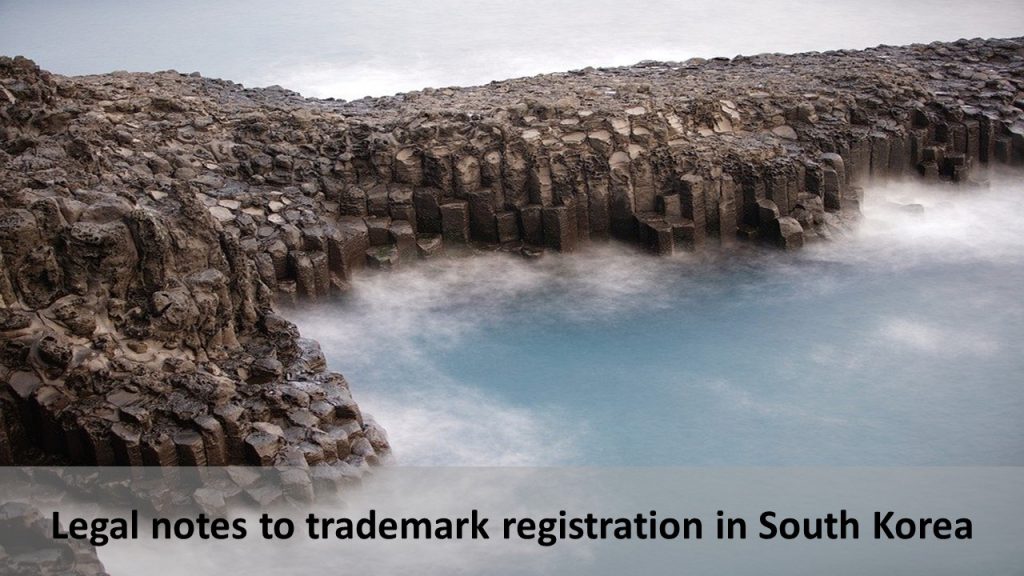Trademark registration in South Korea. South Korea, officially the Republic of Korea (ROK), is a country in East Asia, constituting the southern part of the Korean Peninsula, and sharing a land border with North Korea. South Korea is a developed country with a high-income economy and is the most industrialized member country of the OECD. South Korean brands such as LG Electronics and Samsung are internationally famous and garnered South Korea’s reputation for their quality electronics and other manufactured goods. Accordingly, many businesses want to enter this market and one of the most important preparations a business needs to take before expanding to this country is to learn the procedure of trademark registration in South Korea.
Necessary documents for trademark registration in South Korea
The necessary documents for trademark registration in South Korea include:
- The name and address of the applicant (including the name of the authorized person if the applicant is an authorized person);
- Trademark sample;
- List of goods and/or services according to the International Classification;
- Date of filing;
- The country and filing date of the priority application (if any);
- 10 samples of the marks (size 8cm x 8cm or less);
- Priority document (If any);
- Power of attorney (if the authorized person submits the application).
The procedure of trademark registration in South Korea
After the submission of the application, it will then go through the formal appraisal process. The inspection time will be within 2 months from the date of receipt of the application. The trademark application will be returned if the formality conditions are not met, include the follows:
- Incorrect form;
- The name/address of a person (or authorized person) who carried out the procedure (i.e. applicant) is not described;
- The application is not written in Korean characters;
- Samples of the mark are not attached to the application;
- The specified goods are not described in the application;
If there are problems found in the application, the KIPO commissioner will issue a notice of amendment with a specified deadline to the applicant. If the applicant does not comply with the amendment requirements, the trademark application will be invalidated.
After the formality examination, the application will go through the content examination. The examination of a trademark application usually takes about 5 months from the date of filing. For a trademark to be registered under the Trademark Act, the following requirements must be met:
- The marks must satisfy the definition of a trademark outlined in the Trademarks Act;
- The marks must have special signs, distinguishable from other goods of the same type;
- The marks must not fall under any of the categories of trademarks that cannot be registered under the Trademark Law.
If the mark does not meet the above requirements, KIPO will issue a written notice requesting the applicant to amend the application within a certain time.
Important notes of trademark registration in South Korea
The processing time from first filing to registration is approximately 9-12 months in the case of a smooth registration procedure.
After receiving the Notice of Allowance, the applicant must pay the official fees for granting within 2 months.
A trademark registration’s validity period in South Korea is 10 years from the date of filing. The trademark can be renewed an unlimited number of times every 10 years.
The applicant must file for a renewal application within 1 year before the expiration date of the validity period. Applicants can also file for renewal in the grace period of 6 months after the expiration date with a late payment fee.
The validity of a registered trademark in Korea may be canceled through a cancellation action by a third party if they can prove that the trademark has not been used for 3 consecutive years.
For foreign applicants, it is necessary to perform trademark prosecution in Korea through a practicing trademark attorney of Korea.
You can see a list of Korea IP firms here.

